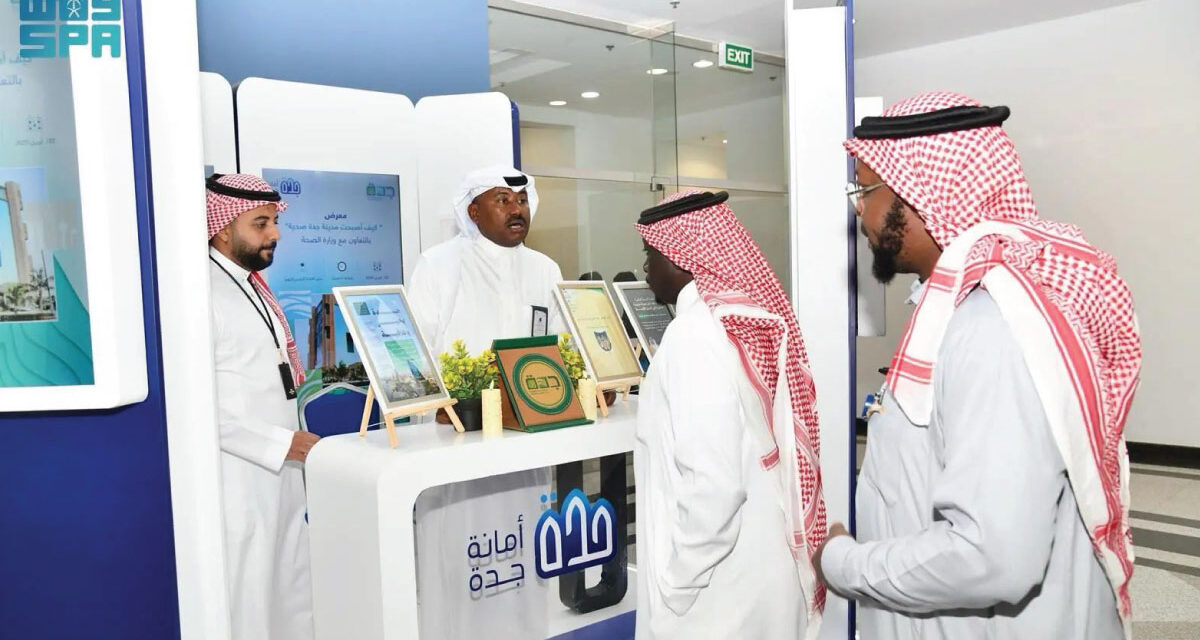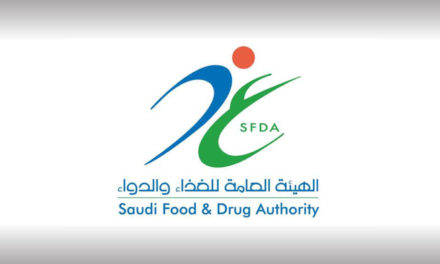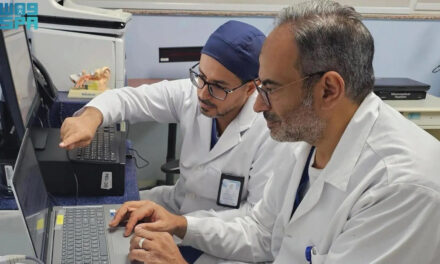JEDDAH — The city of Jeddah continues to strengthen its position as a World Health Organization (WHO)-designated Healthy City, following its official certification in late 2024. The city now undergoes annual evaluations to ensure continued compliance with global health and environment standards.
The initiative is led by the Jeddah Municipality, working through the Environmental Sanitation Committee of the Jeddah Healthy City Program, in cooperation with the National Center for Environmental Compliance and other governmental and non-governmental partners. The program is aligned with Vision 2030 goals to enhance both urban sustainability and public well-being.
> “This evaluation reflects our long-term commitment to environmental quality and healthy urban living,” said Mohammed Al-Buqami, spokesperson for the Jeddah Municipality.
Key components of the program include air quality monitoring, pollution control, water and food safety, and anti-smoking initiatives. Notably, the municipality has developed a first-of-its-kind digital database to monitor neighborhood compliance with WHO benchmarks and to ensure sustained performance and continuous improvement.
A recent public exhibition titled “How Jeddah Became a Healthy City” showcased the city’s roadmap to certification, with contributions from public, private, and nonprofit sectors.
The program is built around eight core committees and numerous subcommittees, overseeing the implementation of 80 WHO-defined criteria. Four neighborhoods — Al-Nahda, Al-Hamra, Al-Shati, and King Abdulaziz University Housing — achieved a 98% compliance rate in the initial evaluations, paving the way for Jeddah’s official WHO recognition.
According to Musa Bin Yahya, regional coordinator of the Healthy Cities Program, WHO field teams conducted on-site assessments, and the model is now being expanded to other cities, including Lith, Adham, and Rabigh, to scale the experience across Makkah Province.
Further, nine additional neighborhoods in Jeddah — including Al-Adl 3, Al-Fayha, Al-Wurud, Al-Naseem Al-Jadeed, Al-Safa, Al-Khalidiyah, Al-Naeem, Al-Muhammadiyah, and Al-Basateen — have been formally endorsed by the Governor of Jeddah and are undergoing preparation for their official WHO evaluation in September.
This sustained effort reflects Saudi Arabia’s broader commitment to global health standards, improved urban quality of life, and the sustainable development goals outlined in Vision 2030.






